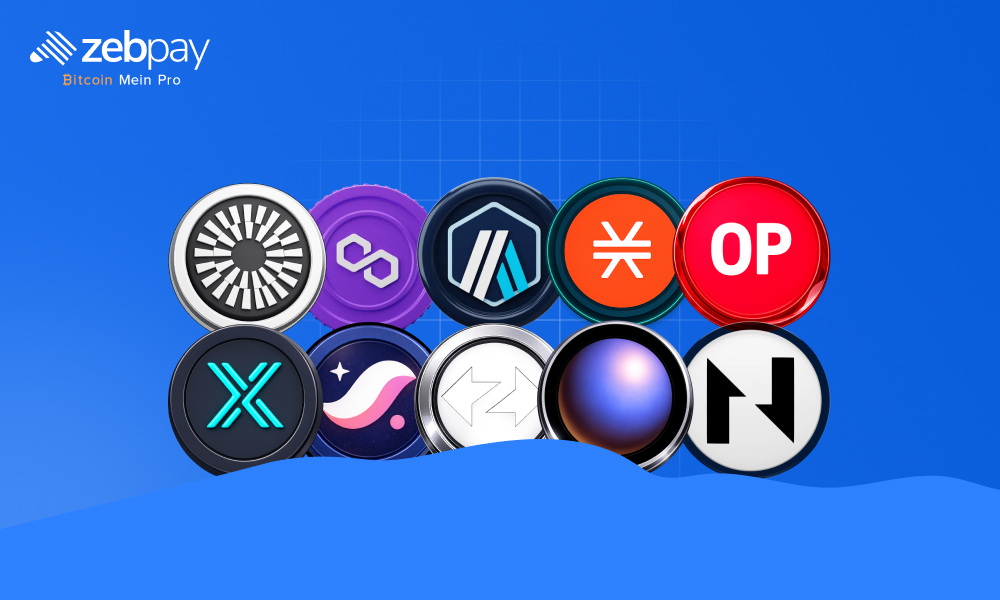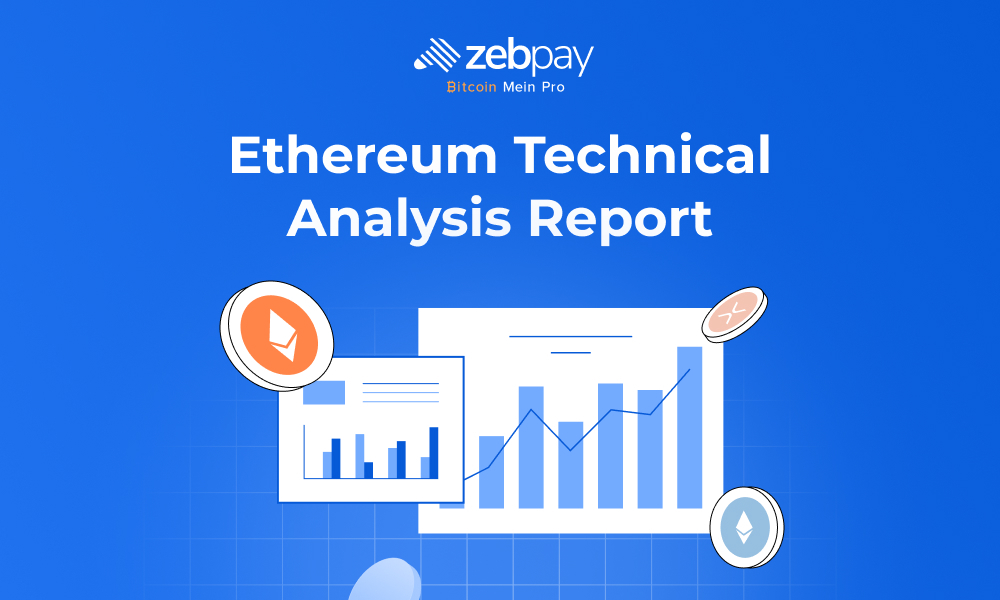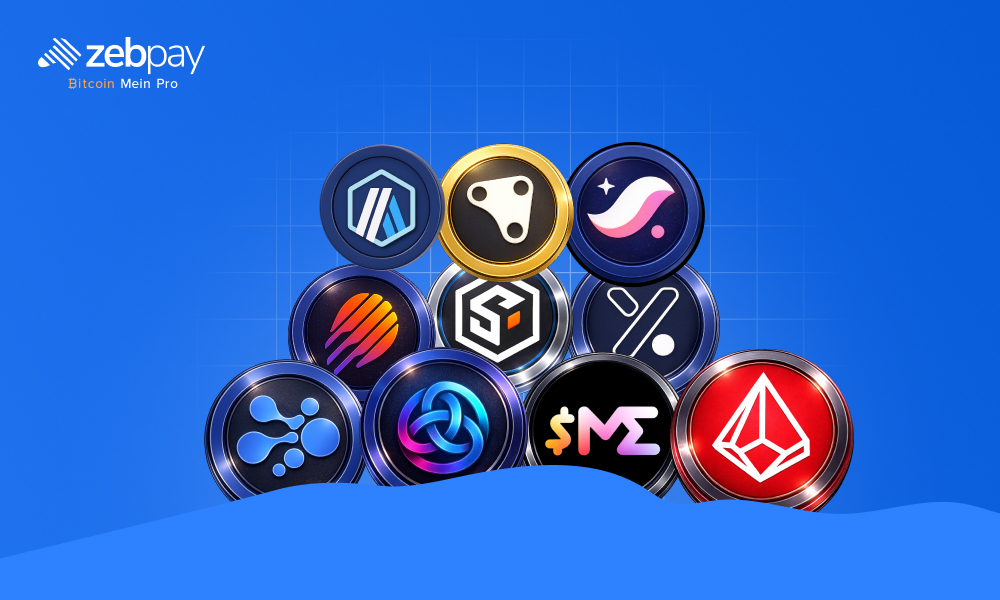The world of ecommerce has been evolving rapidly in the past decade. From simple online marketplaces, we now have expansive e-commerce platforms that cater to both buyers and sellers. But the rise of web3 promises to revolutionize the e-commerce industry even further, ushering in a new era of decentralisation, security, and privacy. In this article, we look at what Web3 is, and how Web 3.0 will change ecommerce.
Introduction to Web 3.0
Web 3.0 is believed to be the next step in the evolution of the internet. It is a shift away from centralized systems towards decentralized, community-driven networks that offer greater privacy and control to users.
At its core, web3 is built on blockchains and decentralised networks. This allows for the creation of decentralised applications (dApps) that operate on a trustless, peer-to-peer network. No single entity controls the data or transactions on the network, ensuring greater transparency for all participants.
Web3 and Decentralised Ecommerce
One of the most promising use cases for web3 is in the world of ecommerce. Traditional platforms are often centralised. This means they rely on third parties like payment processors, marketplaces, and shipping providers. This can result in higher fees, longer processing times, and less control for buyers and sellers.
With web3, ecommerce can become more decentralised and efficient. Buyers and sellers can interact directly on a peer-to-peer network, without the need for intermediaries. Transactions can be processed quickly and securely, with no risk of fraud or chargebacks. Plus, the use of crypto as a payment method can reduce transaction fees and increase the speed of transactions.
Benefits of Web3 in Ecommerce
There are many benefits to using web3 technology in ecommerce. Here are just a few:
Greater Security and Privacy
One of the main advantages of web3 technology is greater security and privacy for users. With no central authority, there is less risk of data breaches or hacking attacks. Plus, the use of cryptography ensures that transactions and data are kept private and secure.
Lower Transaction Fees
Web3 technology can also reduce transaction fees, which are a significant cost for ecommerce businesses. By using crypto as a payment method, buyers and sellers can avoid the high fees charged by payment processors. Plus, the use of smart contracts can automate many of the processes involved in ecommerce. This also reduces the third parties involved and lowers costs.
Faster Transactions
Web3 technology can enable faster transactions by eliminating intermediaries and streamlining the buying and selling process. With no need for manual processing or verification, transactions can be completed almost instantly. This also helps improve the overall customer experience.
What is The Future of Web3 in E-commerce?
The potential web3 for online retail and e-commerce is enormous. Here are some of the ways that web3 could transform the industry in the coming years:
The Potential of Web 3.0 to transform the e-commerce industry
As mentioned above, some of Web3’s benefits include security, privacy, and efficiency. Decentralised marketplaces and payment systems could reduce the power of large corporations and give more control to individual sellers and buyers. The use of smart contracts can also make e-commerce faster, more efficient, and less expensive.
Emerging Trends in Web 3.0 and their impact on e-commerce
In addition to the benefits mentioned above, there are several emerging trends in web3 that could have a significant impact on the e-commerce industry:
Non-fungible tokens (NFTs) are unique digital assets that can be bought, sold, and traded on blockchain networks. They have gained significant popularity in the art world, but there are many potential applications for e-commerce as well. For example, NFTs could be used to verify the authenticity of luxury goods or to reward loyal customers.
Decentralised identity solutions are emerging that would allow users to control their personal data and identities on the network. This could greatly improve privacy and security for e-commerce transactions, as users could choose which information to share with sellers and marketplaces.
Web3 technology could enable immersive shopping experiences using virtual reality (VR) and augmented reality (AR) technologies. This could allow customers to virtually try on clothes or see products in 3D before making a purchase.
Read more: What is Web 3.0
Web 3.0 Shopping Experiences
How Web 3.0 will change the way consumers shop online?
Web3 could make online shopping faster, more secure, and more personalized. Decentralised marketplaces could offer a wider variety of products and services. Plus, the use of NFTs and virtual reality could create unique and engaging shopping experiences. Such services can be driven through the use of smart contracts, as they can automate complex processes.
Examples of Innovative Web 3.0 Shopping Experiences

Several companies are already experimenting with web3 technology in the e-commerce space. Here are two examples:
OpenSea
OpenSea is a marketplace for trading and discovering NFTs, built using decentralised principles. The platform allows users to create and sell their own NFTs, as well as browse and purchase NFTs from other users. OpenSea has already facilitated over $1 billion in NFT transactions, and its user base continues to grow.
Decentraland
Decentraland is a virtual reality gaming platform that operates Ethereum blockchain. Users can create and explore virtual worlds, interact with users, and buy and sell virtual assets using crypto. Decentraland has its own marketplace where users can buy and sell virtual real estate, wearables, and other digital assets.
Web 3.0 eCommerce and Sustainability
Web3 technology could also have a positive impact on sustainability in the e-commerce industry. Decentralized marketplaces could reduce the environmental impact of shipping and logistics. The use of newer crypto tokens could also reduce the carbon footprint of payments.
Additionally, web3 technology could enable new business models that promote sustainability, such as circular and sharing economies. For example, NFTs could be used to track the lifecycle of products and incentivize recycling and reuse.
Security & Privacy in Web3 Ecommerce
While web3 technology offers many benefits for security and privacy, there are still risks and challenges that must be addressed. For example, the use of crypto can make transactions more difficult to trace. This makes it easier for criminals to engage in illegal activities. Additionally, the lack of regulation and standardisation in the web3 space makes it difficult for users to control their data.
Read more: Guide to Taking Your Organization from Web2 to Web3 by 2023
Conclusion
The future of web3 in ecommerce is exciting and full of potential. Through the power of blockchain technology, ecommerce businesses can create decentralised, efficient, and secure marketplaces that benefit both buyers and sellers. The use of NFTs, virtual reality, and decentralised identity solutions could also create new and innovative shopping experiences that cater to the needs of modern consumers.
However, as with any emerging technology, there are risks and challenges that must be addressed. It will be important for businesses and policymakers to work together to establish clear standards and best practices that ensure the safety, security, and privacy of users on the web3 network.
You can now read about Crypto, Blockchain and Web 3 on ZebPay Blogs. Click on the button below to begin trading.







